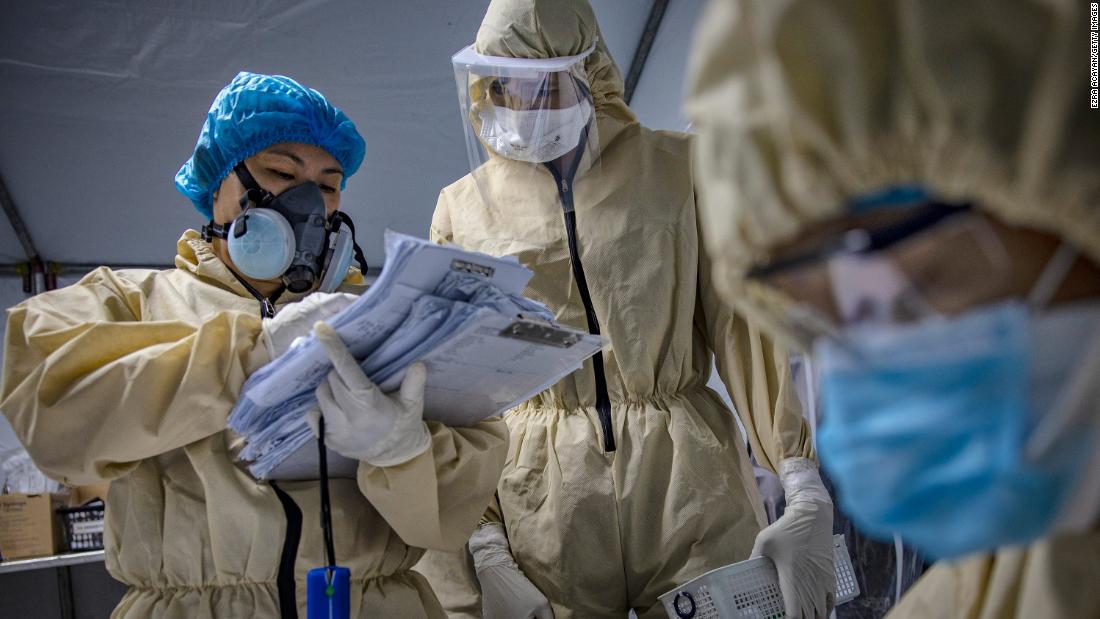Alice Visperas, director of the Ministry of Labor’s international affairs office, said the Philippines is open to raising the limit in exchange for vaccines from Britain and Germany, which will be used to inoculate workers leaving the country and hundreds of thousands of Filipino returnees.
Nurses are among the millions of Filipinos working abroad, providing more than $ 30 billion a year in remittances vital to the country’s economy.
“We are considering the request to lift the deployment limit, subject to an agreement,” Visperas told Reuters.
Britain has the fifth highest number of coronavirus deaths in the world, while Germany has the tenth highest number of infections worldwide.
Britain said there were 11,000 more nurses working at the National Health Service (NHS) than last year. He said that while he is grateful to the 30,000 Filipinos who work for the NHS, Britain did not need to exchange vaccines for more.
“We have no plans for the UK to reach a vaccine agreement with the Philippines, linked to the recruitment of nurses,” said a health ministry spokeswoman, citing Prime Minister Boris Johnson’s promise to share extra vaccines at the end of the year.
“We confirm that we will share any surplus vaccines in the future – for example, through COVAX’s international purchasing pool.”
The Philippines wants to guarantee 148 million doses of vaccines in all, while Britain has ordered more than 400 million doses, six times its population.
Calls to the German mission in Manila went unanswered.
In 2019, nearly 17,000 Filipino nurses signed employment contracts abroad, government data showed.
Although Filipino nurses struggled to lift the ban on implantation to escape poor working conditions and low wages at home, the vaccine workers’ plan was not well accepted by some medical professionals.
“We are outraged at how nurses and healthcare professionals are being treated by the government as commodities or export products,” Jocelyn Andamo, general secretary of Filipino Nurses United told Reuters.
